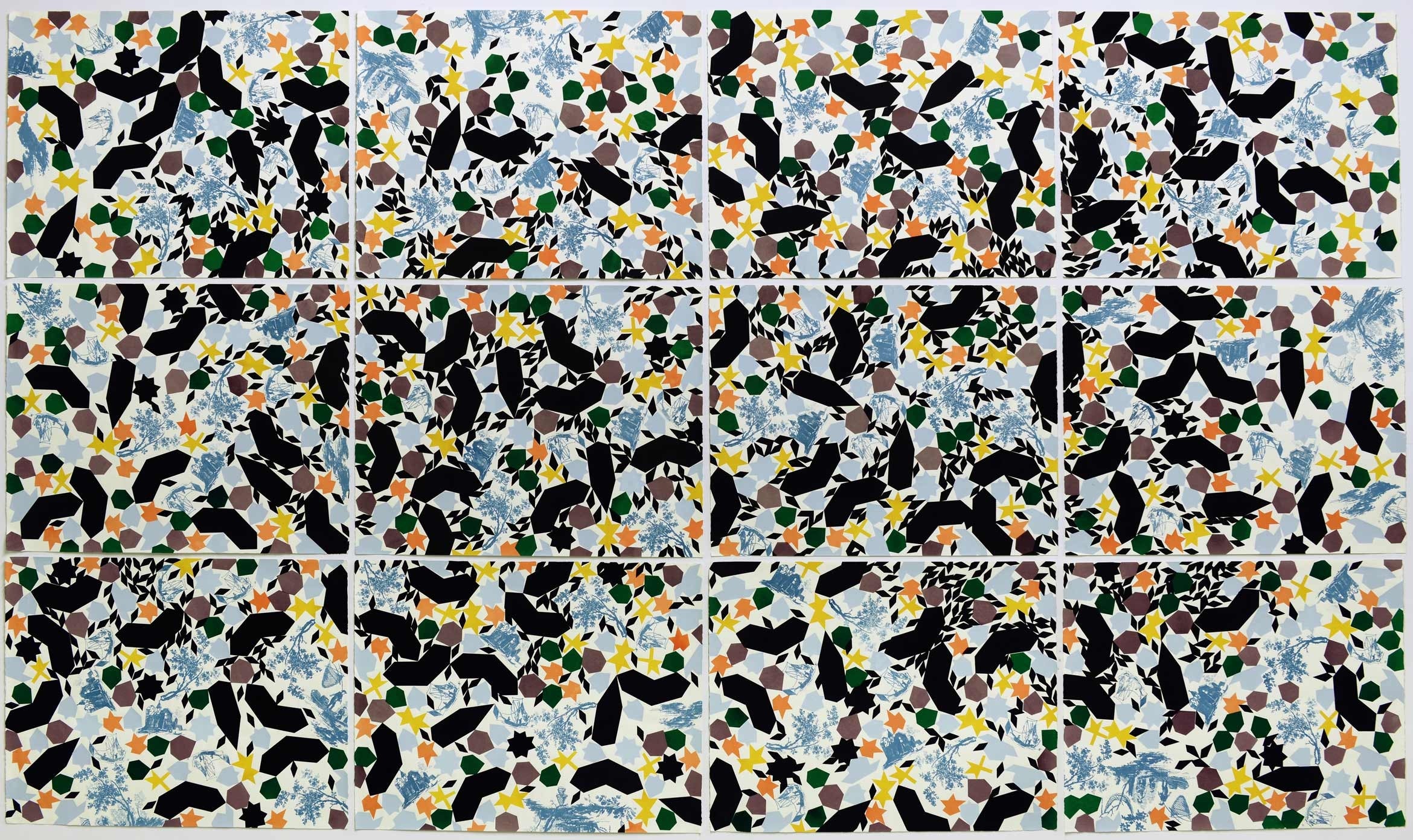
New Book Edited by UCSB English Scholar Examines Enlightenment as an Event in the History of Mediation

Debates about the nature of the Enlightenment date to the 18th century, when philosopher Imanual Kant himself addressed the question, "What is Enlightenment?" A new book edited by William Warner and Clifford Siskin offers a paradigm-shifting answer to that now-famous query: Enlightenment is an event in the history of mediation.
In "This Is Enlightenment" (The University of Chicago Press, 2010), Warner, a professor of English at UC Santa Barbara, and Siskin, the Henry W. and Albert A. Berg Professor of English and American Literature at New York University, establish mediation as the condition of possibility for enlightenment. In so doing, they not only answer Kant's question, but make a broader query of their own: How would foregrounding mediation change the kinds and areas of inquiry in our own epoch?
"Our title is an audacious way of responding to the whole question Kant posed at the end of the Enlightenment," said Warner. "He was a philosopher and was thinking more in terms of ideas. And historians have tended to see the Enlightenment as a shift in ideas. We're saying that it's a shift in mediation, and ideas are just a part of that."
Mediation takes many forms, Warner noted, including, for example, the print revolution. In the 16th and 17th centuries, it began with Bibles, devotional works, and books of law and science, but quickly expanded to include entertainment, such as ballads and novels that people could carry around with them. "We've seen a lot of that kind of revolution and portability around computers in recent years," he said, "but it happened with small-print formats first. So the impetus for our book project was the idea that the digital mutation and the coming of the Internet in the 21st century is similar to what happened in the 18th century and enabled what we call the Enlightenment."
Warner attributes four primary concepts to the shift in mediation. Among them are infrastructure, which includes, among other things, the postal system, named roads, and coffee houses where people would gather and talk; voluntary association, which refers to the various clubs people formed in order to spread knowledge; new genres, such as newspapers, encyclopedias and academic journals; and protocols, which Warner described as modes of communication that embed certain values. All of these led to shifts in ideas that are among the effects of Enlightenment.
"New genres depended upon new infrastructure and new associational practices, but they resulted in new knowledge that improved the world," Warner explained. "What we see later on –– the anti-slavery society and women's suffrage –– are extensions of enlightenment practices of getting people together."
Warner stresses the many parallels between the 18th and 21st centuries. "We today are not living in an alternative universe," he said. "We're heirs to the Enlightenment when it comes to the ideals of equality and access to information. The new media mutation around technology resembles in startling ways the mutation around the postal system and the printed materials, which people in the 18th century mediated and tried to work through."
Both periods are part of a long history or mediation, he continued, and address similar issues regarding media and communication. "Parents today wrestle with the question of how much access to media they should allow their children. We're fighting the same battle that 18th-century parents fought when the letter was a new technique by which their children could have private communication with their friends. And novel reading was thought of as dangerous and explicit, just as some television shows and video games are today."
Related Links



